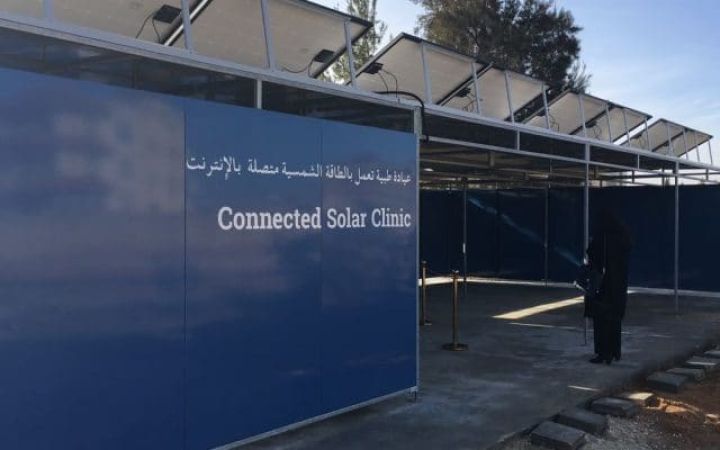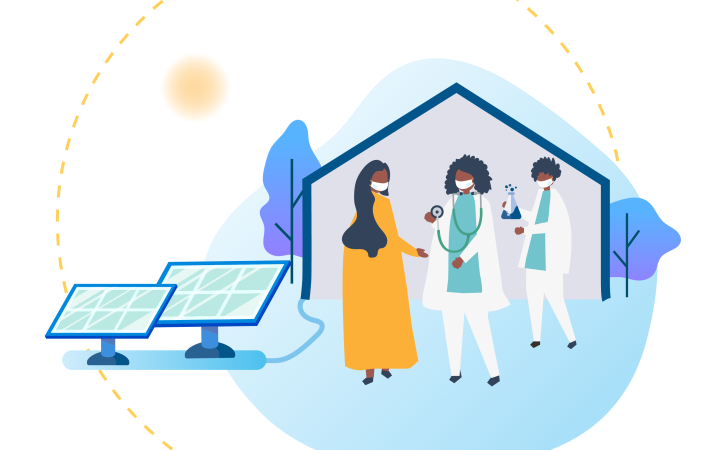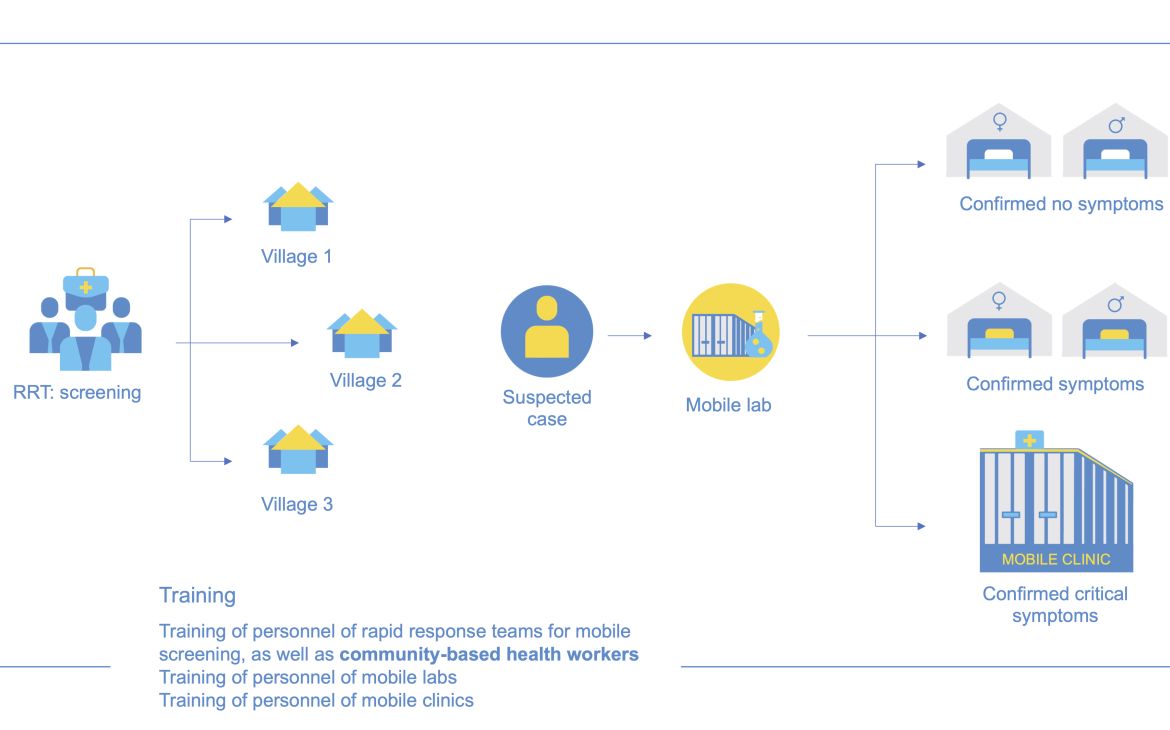9 June 2020, Geneva, Switzerland - A recent G20 communique reflected a growing shared concern about the impact of COVID-19 on health networks in the countries with limited response capacities. The communique stated that the leaders were “gravely concerned with the serious risks posed to all countries, particularly developing and least developed countries, and notably in Africa and small-island-states”, and reinforced their commitment to “strengthen capacity building and technical assistance, especially to at-risk communities”.
According to Africanews, as of 7 April 2020, there were over 10,000 confirmed cases of coronavirus in 52 countries across the continent, and 487 deaths. The data from John Hopkins University and Africa Center for Disease Control from the same date demonstrated that the whole of Africa had a rising number of cases with only two countries still not affected by the pandemic.
The previous experience of responding to global epidemics and pandemics, such as severe acute respiratory syndrome, H1N1 pandemic, Middle East respiratory syndrome, and Ebola, has highlighted the need to reinforce national public health capabilities and infrastructures, including disease-surveillance systems and laboratory networks, as well as human capacity, such as training in surveillance, epidemic response, and diagnostic testing. While the World Health Organization (WHO) is currently supporting countries to improve their diagnostic capacities, those still remain limited by the shortage of personnel trained to run the tests, and the inadequate supply of testing kits.
These critical shortages and resulting risks are being brought to the public attention by African leaders. Thus, President Hage Geingob of Namibia has reasonably noted that while at that moment, the country had only 11 confirmed coronavirus infections, the actual number might have been largely underestimated as healthcare workers “don’t have the means to test”. Sadly, Namibia is not the only country faced with this challenge.
While some countries are better equipped than others, most of the currently available testing facilities are located in urban areas with semi-urban and rural areas left with no means to test at all in the majority of cases. Wherever there is a shortage of diagnostic capacity for rapid testing for the virus, tests need to be done abroad, which critically increases the delay from identification of suspected cases to their confirmation and isolation, affecting possible disease transmission.
The worldwide gravity of this pandemic has pushed many companies and networks of individuals to take actions aimed at mitigating the risks for the most vulnerable. Just a few examples include Mike Bloomberg who pledged $40 million to fight coronavirus in Africa; Twitter CEO Jack Dorsey who pledged $1 billion to the global fight against coronavirus; and the Gates Foundation and other charities who pledged $125 million to find the coronavirus antidote.
With these and other generous and commendable financial contributions, there is need to complement them with carefully crafted, context-specific solutions that would ensure the most efficient use of limited funds. And this is where capacity-building and technological experts step in.
In response to the persistent and unprecedented COVID-19 challenge and committed to the promotion of inclusive sustainable development, the United Nations Institute for Training and Research (UNITAR) and Solarkiosk have launched a multi-sectoral, multi-partner collaboration to support preparedness and response on the African continent, at the national level. In the spirit of the 2030 Agenda for Sustainable Development, the project is designed as a public-private partnership and combines the longstanding capacity-building and training expertise of UNITAR with the technological know-how of Solarkiosk, who, in turn, brings with it its diverse partnerships with Siemens Healthineers, Solarworx, Groots, BOS-AG, Nexol as well as other organisations and suppliers to create a greater room for synergies for sustainable impact. We believe that an inclusive partnership, built upon sound principles and values, a shared vision, and shared goals is the best means to place people and their health at the center of interventions at the global, regional, national and local levels.The project directly contributes to the Sustainable Development Goal 3 of Good Health and Well-Being by strengthening the capacities of developing countries for early warning, risk reduction and management of national and global health risks. Recognising the proved interlinkages between increased health threats and political stability, the project also targets Goal 7 of Affordable and Clean Energy, Goal 9 of Industry, Innovation and Infrastructure, Goal 16 of Peace, Justice and Strong Institutions by taking into account additional risks related to conflict-affected and fragile contexts as well as Goal 17 of Partnerships for the Goals.
Together we propose:
- the establishment of an early warning / early response platform;
- the provision of solar-powered equipment to rapid response teams for screening of the general population;
- the provision of infrastructure / equipment for mobile, solar-powered laboratories to test suspected COVID-19 cases, which can be rapidly implemented even in off-grid, off-tarmac areas;
- the provision of infrastructure / equipment for mobile, solar-powered clinics to treat confirmed COVID-19 patients;
- the provision of training to medical personnel;
- the dissemination of IPC guidance to community care providers; and
- the dissemination of community and individual health and hygiene practices (in line with WHO recommendations).
This integrated multi-level initiative constitutes a real, practical and feasible solution that will help to tackle the growing COVID-19 risks in Africa, thereby saving thousands of lives. As the partners are getting ready for the first rollout, we are looking forward to bringing donors and African governments in need of this solution together.
To accelerate and support the seamless implementation of this critical joint effort, UNITAR, Solarkiosk and partners are currently welcoming kind and generous contributions from other individuals and institutions committed to the causes of global well-being and inclusive development. Amid this crisis time, your contribution might be vital for someone.
To learn more or support the project, please reach out to us at pdta@unitar.org.




